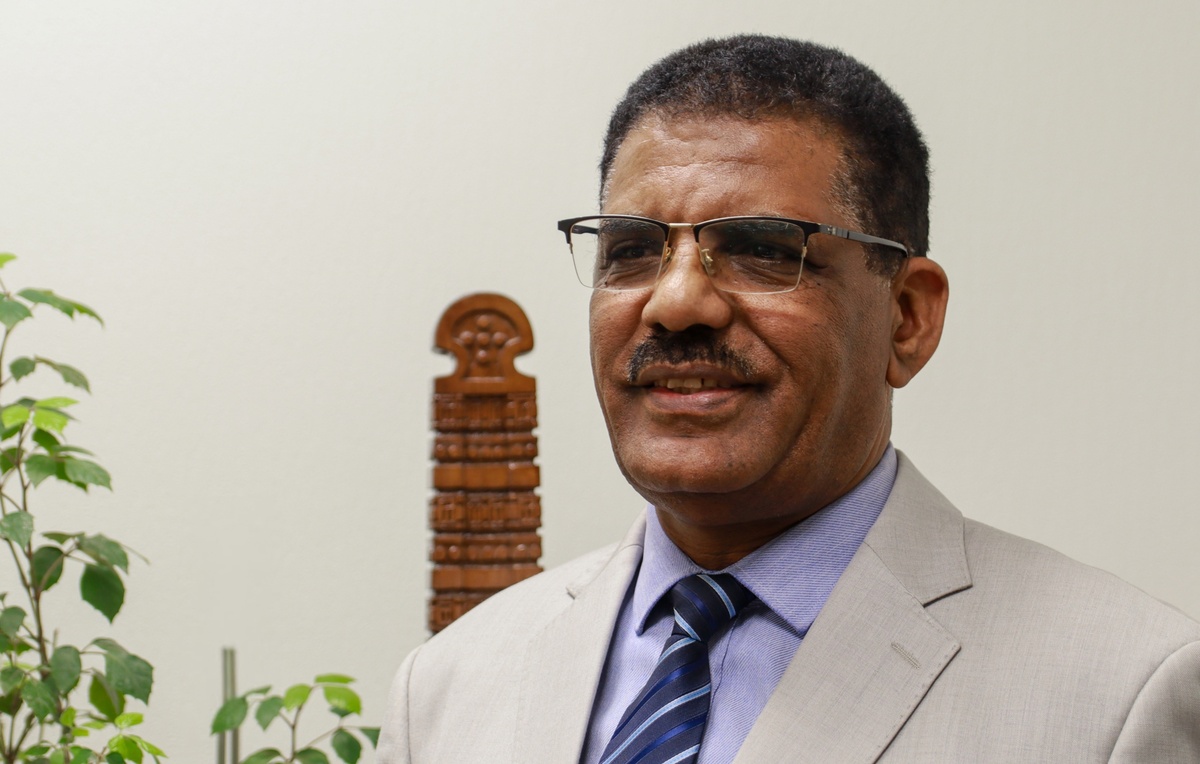Российский рынок вскоре пополнится аутентичным эфиопским кофе. Об этом заявил посол Эфиопии в Москве Генет Тешоме Джирру в интервью ТАСС, подчеркнув, что процесс уже находится в активной фазе переговоров между российскими компаниями и эфиопскими производителями. В ближайшие месяцы кофейные бренды из Эфиопии могут появиться на полках российских магазинов.
Как отметил дипломат, продвижение эфиопского кофе в Россию осуществляется при поддержке Министерства торговли и региональной интеграции Эфиопии совместно с Министерством экономического развития РФ. Основной целью является увеличение объемов экспорта кофе и обеспечение прямых поставок без посредников.
«Мы уже начали контактировать с российскими компаниями, заинтересованными в закупке эфиопского кофе. Некоторые из них уже посещают нашу страну, ведут переговоры с производителями и анализируют рынок», — рассказал Джирру. Он выразил уверенность в том, что процесс завершится успешно, и российские потребители смогут насладиться качественным кофе из Эфиопии.
Эфиопия известна своими уникальными сортами кофе, которые считаются эталоном в мире specialty-кофе. Посол особо выделил такие знаменитые сорта, как харар и сидамо, которые обладают выраженным ароматом и богатым вкусом. «Я уверен, что российские потребители по достоинству оценят наш кофе. Учитывая растущий интерес к specialty-кофе в России, эти сорта займут свое место на рынке», — отметил дипломат.
По данным на 2024 год, Эфиопия остается крупнейшим экспортером кофе в Африке и одним из ведущих мировых поставщиков арабики. Выход эфиопского кофе на российский рынок открывает новые возможности для диверсификации поставок, особенно на фоне изменений в международной торговле и перераспределения экспортных потоков.
В прошлом году российский рынок кофе демонстрировал высокие темпы роста, особенно в сегменте премиальных сортов. Согласно данным отраслевых исследований, спрос на specialty-кофе в России ежегодно увеличивается, что делает выход эфиопского продукта своевременным и перспективным шагом.
Несмотря на позитивные перспективы, выход эфиопского кофе на российский рынок связан с рядом вызовов, включая логистические и таможенные аспекты, сертификацию продукции и адаптацию ценовой политики к требованиям российского рынка. Однако дипломат выразил уверенность, что благодаря сотрудничеству между эфиопскими и российскими властями эти вопросы будут решены в кратчайшие сроки.
Экспансия эфиопского кофе в Россию — значимое событие для рынка как с точки зрения разнообразия вкусов, так и в контексте укрепления торговых связей между странами. Потребители смогут познакомиться с аутентичными эфиопскими сортами, а производители получат доступ к перспективному рынку, который продолжает динамично развиваться. В ближайшие месяцы можно ожидать появления эфиопских кофейных брендов в российских магазинах, что станет важным шагом в развитии двустороннего экономического сотрудничества.
